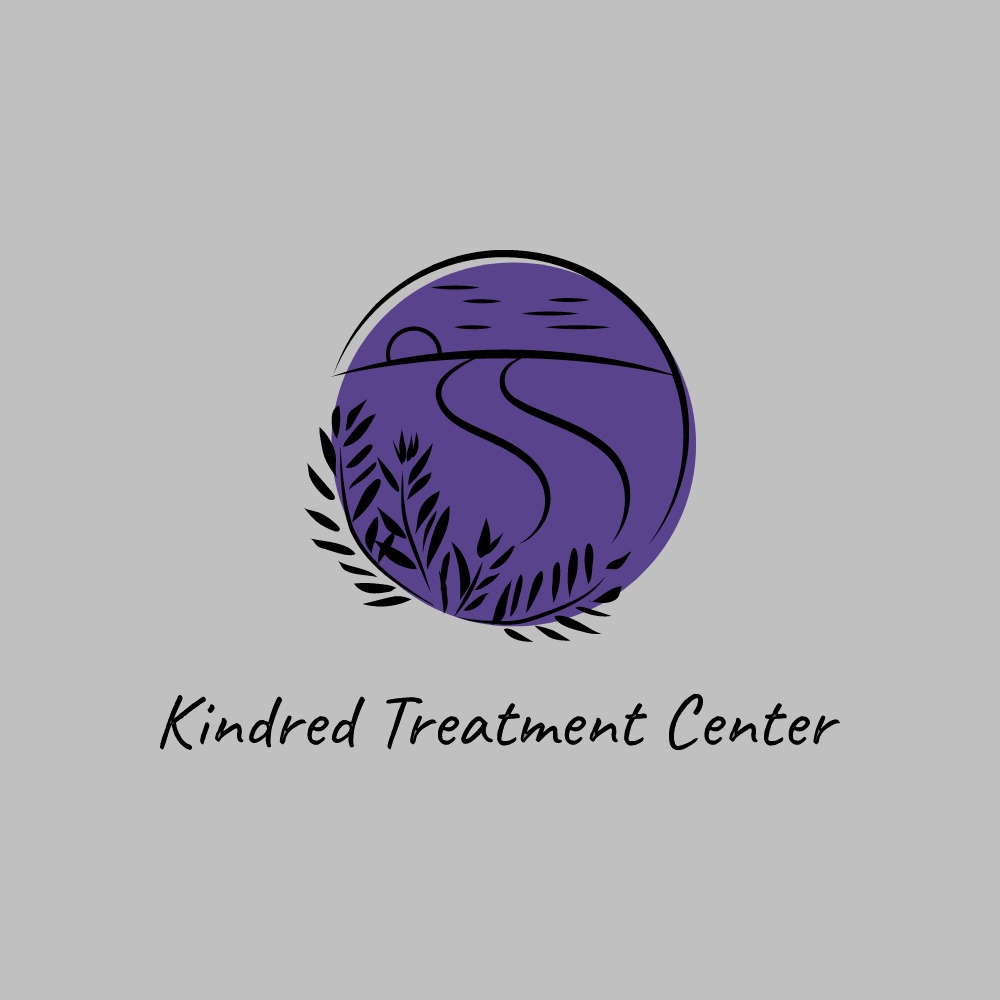Exploring the Connection Between Trauma and Addiction: The Role of Counseling
Trauma and addiction are complex issues that often go hand in hand. People who have experienced traumatic events may turn to substances as a coping mechanism to numb the pain or escape their memories. In recent years, there has been a growing understanding of the strong connection between trauma and addiction, highlighting the importance of counseling in addressing and treating these intertwined problems.
Trauma can take many forms, including physical, emotional, or sexual abuse, natural disasters, accidents, or witnessing violence. When individuals experience trauma, they may face difficulties in regulating their emotions, self-esteem, and interpersonal relationships. They may turn to substances like drugs or alcohol as a means of self-medication, hoping to alleviate their pain and find temporary relief from their distressing memories.
This is where counseling plays a crucial role. Professional counselors trained in trauma-informed care have the ability to provide a safe and supportive environment in which individuals can explore their traumatic experiences and develop healthier coping mechanisms. Counseling sessions can help individuals understand the roots of their addiction, identify triggers that lead to substance abuse, and develop skills to manage cravings and heal from past traumas.
Through various therapeutic techniques, counseling can help individuals with trauma and addiction gain insights into their behaviors and thought patterns. By examining the underlying causes of addiction, counselors can assist in building resilience and developing healthier coping strategies to break the cycle of substance abuse. Additionally, counselors play a significant role in helping individuals rebuild their sense of self-worth and self-esteem, which may have been shattered due to the trauma they have experienced.
Moreover, counseling works hand in hand with addiction treatment programs. Integrated approaches that combine counseling and addiction treatment have been proven effective in addressing trauma-based addiction. These programs provide a comprehensive approach to recovery, focusing on healing both the mind and body.
It is essential to note that counseling is not a one-size-fits-all approach. Each individual’s experience of trauma and addiction is unique, and thus, counseling techniques should be tailored to meet their specific needs. Techniques such as cognitive-behavioral therapy, dialectical behavioral therapy, and eye movement desensitization and reprocessing therapy are commonly used in trauma-informed counseling, but the choice of approach depends on the individual and their response to different therapeutic methods.
In conclusion, exploring the connection between trauma and addiction highlights the significance of counseling in addressing and treating these co-occurring issues. By providing a safe and supportive environment, professional counselors can assist individuals in understanding the root causes of their addiction, developing healthier coping mechanisms, and healing from past traumas. Integrated approaches that combine counseling with addiction treatment offer a comprehensive path to recovery, focusing on the holistic wellbeing of individuals grappling with trauma and addiction.
************
Want to get more details?
Kindred Treatment
https://www.kindredtreatmentcenter.com/
410-861-0066
3000 Manchester Road Suite B
Outpatient Treatment Center offering mental health therapy, medication management, and addiction treatment including IOP, evaluations, and DUI education.


